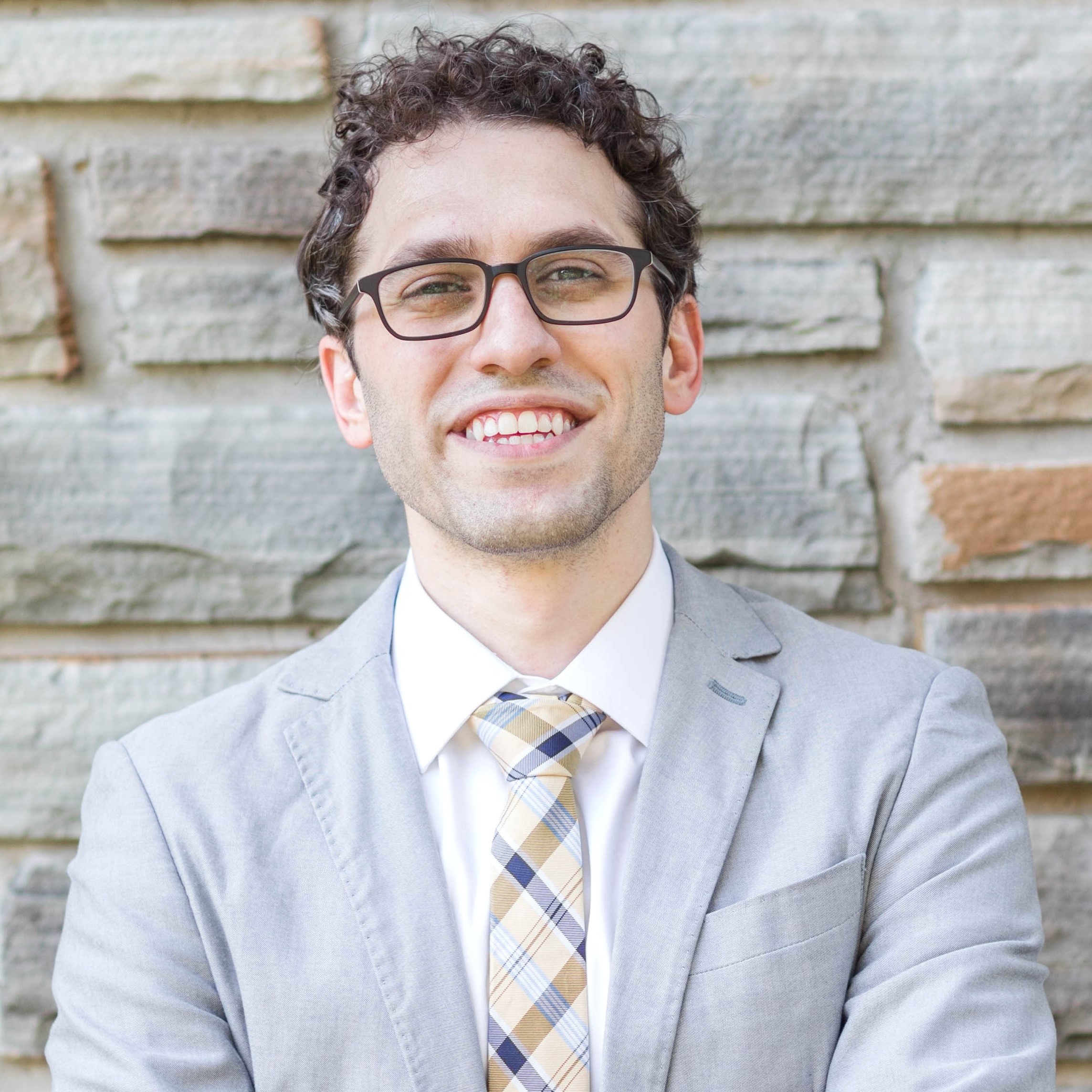Nicholas Reed, AuD, PhD
Associate Professor - Optimal Aging Institute, NYU Grossman School of Medicine & Faculty - Department of Otolaryngology, Department of Population Health
Associate Faculty
nreed9@jhmi.edu443-287-7779

Bio
Nicholas Reed, AuD, PhD, is an associate professor at the Optimal Aging Institute, NYU Grossman School of Medicine (Faculty - Department of Otolaryngology, Department of Population Health) and an adjunct professor in the Department of Epidemiology at Johns Hopkins Bloomberg School of Public Health.
He approaches his intervention work through an implementation science lens with a focus on sustainable interventions to create a more equitable health care system for the millions of adults with hearing loss.
This approach was informed by his training as a clinical audiologist, when he became concerned with the current state of hearing care in the United States, where less than 20% of adults with hearing loss own and use hearing aids, and whether the barriers hearing loss places on communication in health care settings impact health care outcomes for adults with hearing loss. His research focuses on direct-to-consumer hearing care, understanding hearing aid use in the United States, the relationship between hearing loss and health care outcomes/interactions (e.g., satisfaction with care, inpatient safety, quality of care, delirium, etc.), and whether interventions targeting hearing loss can mitigate these associations.
